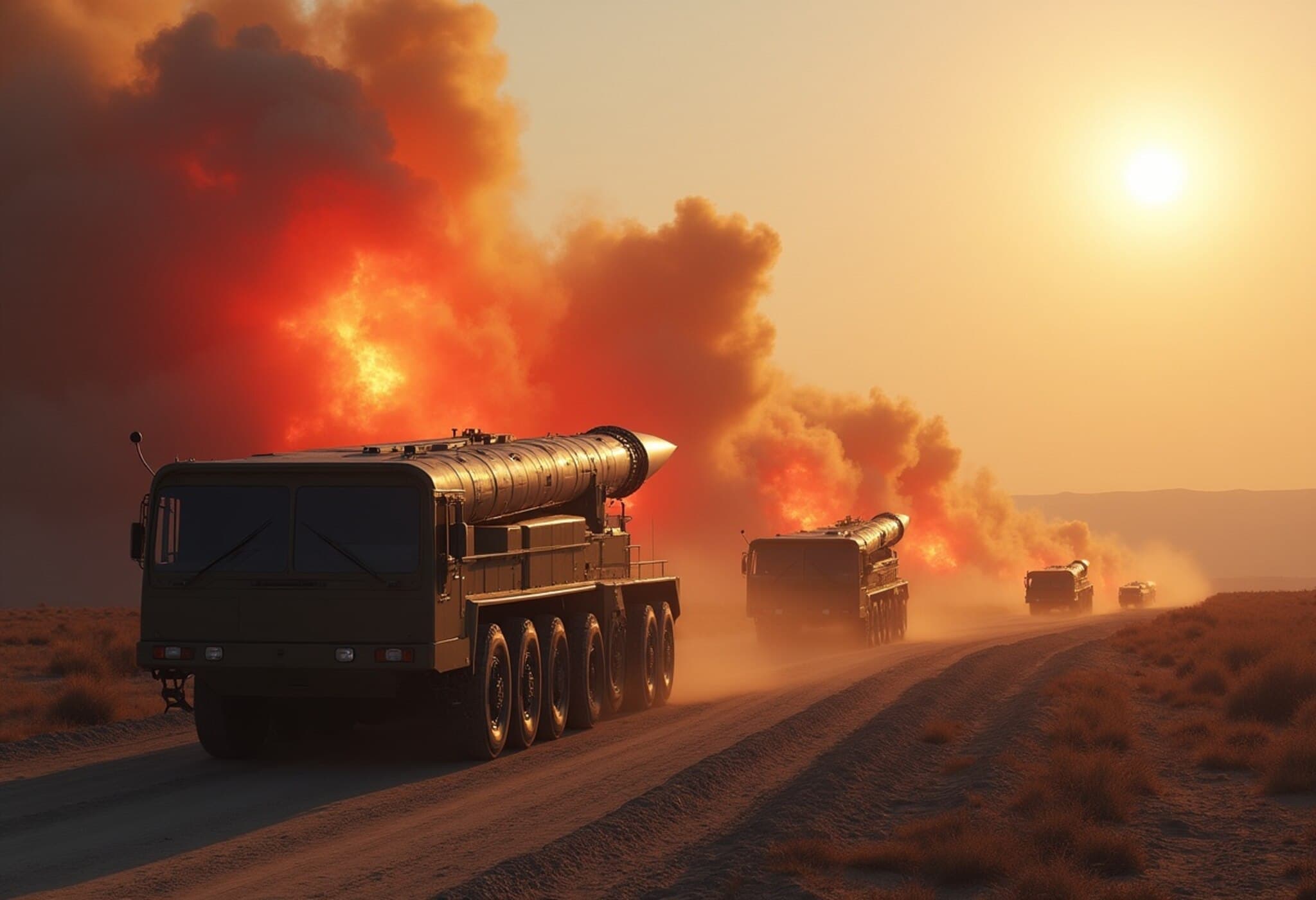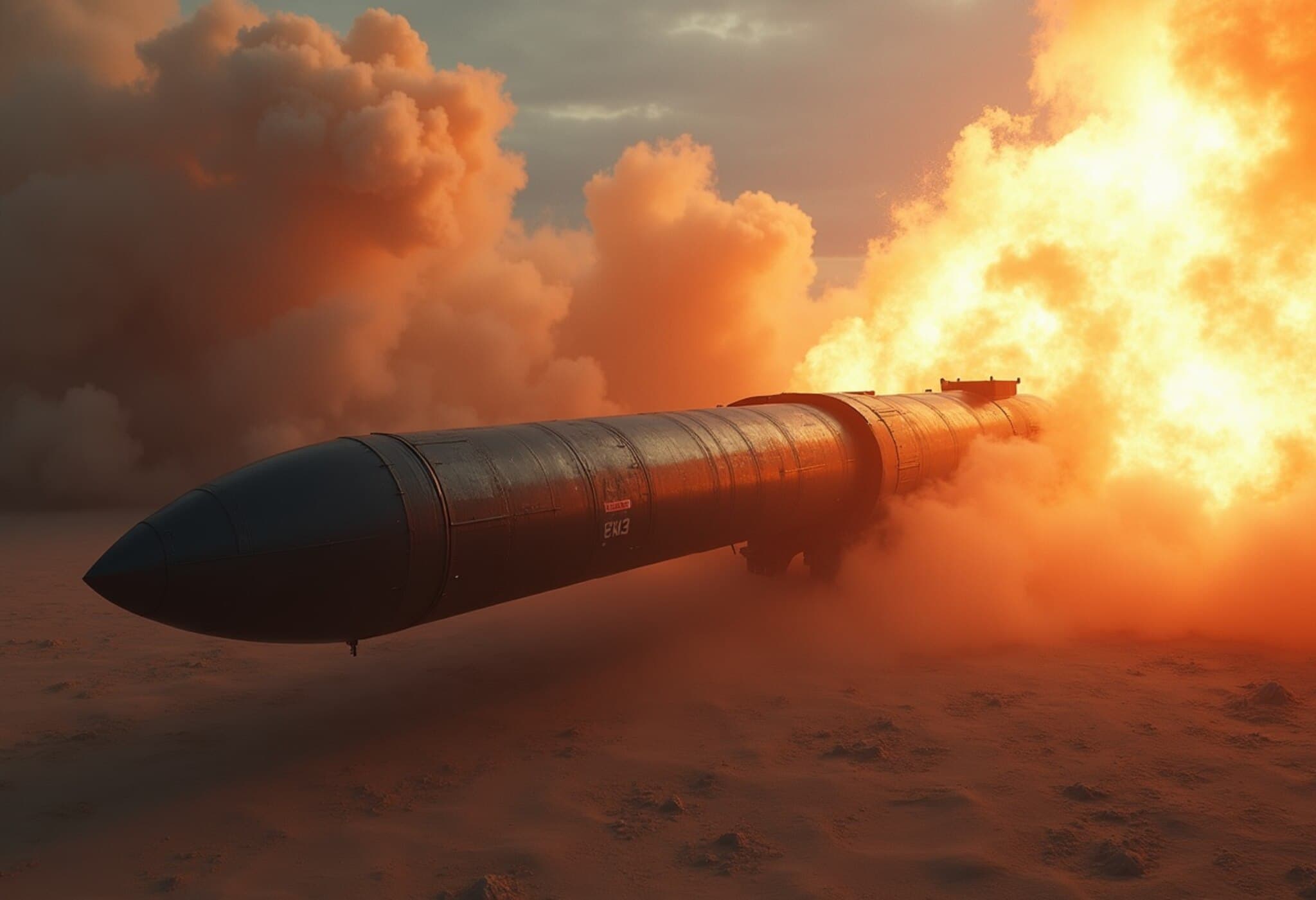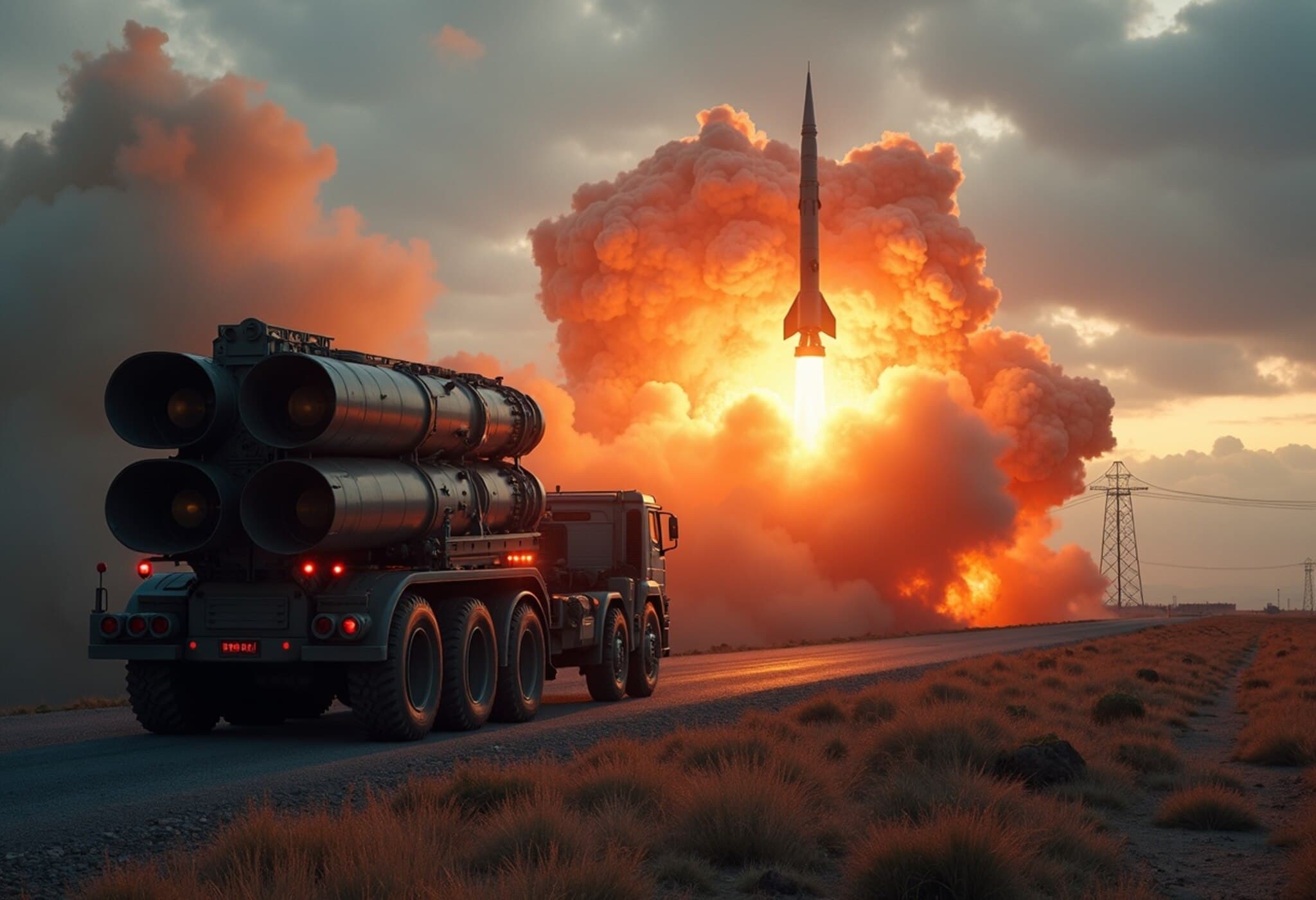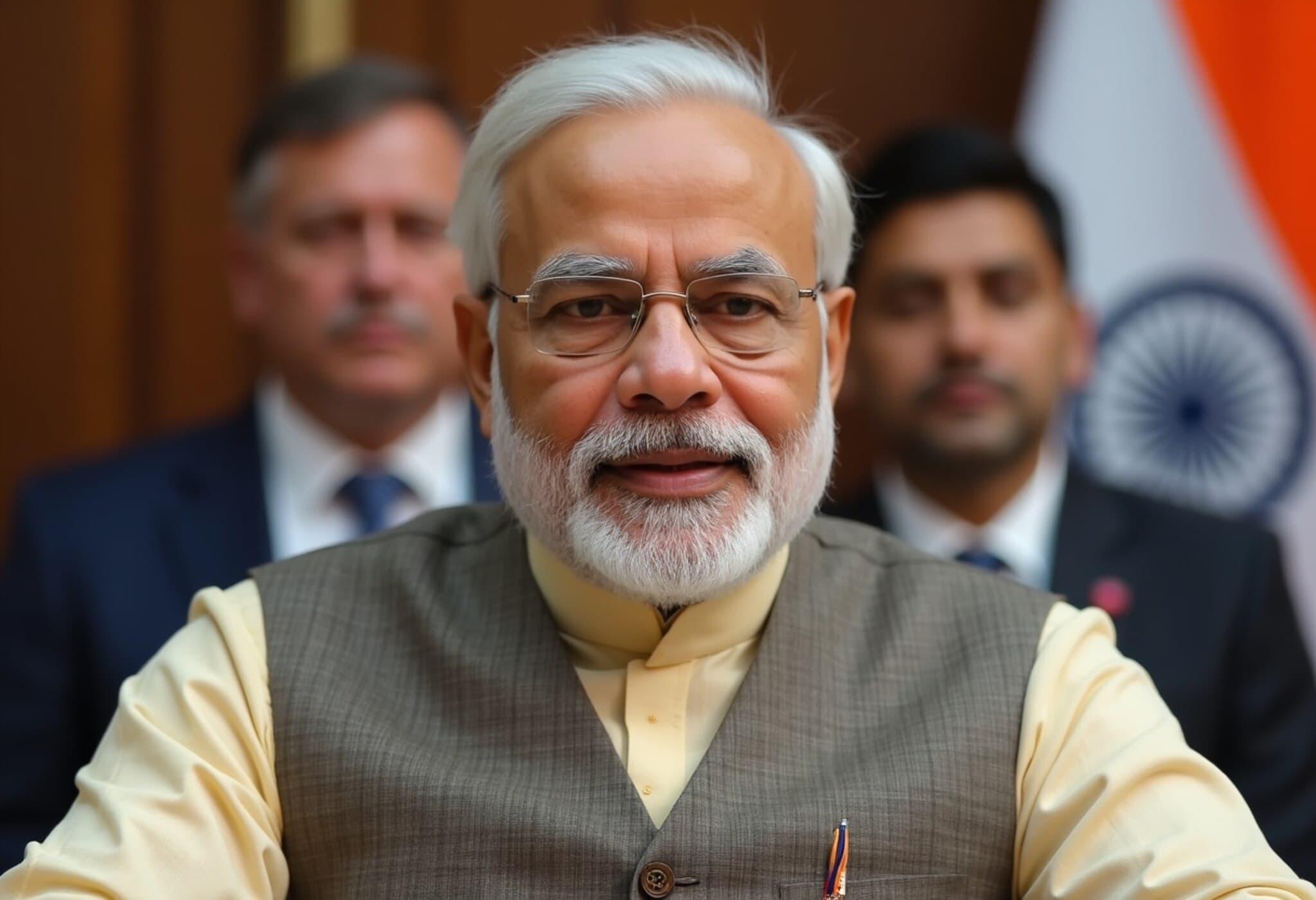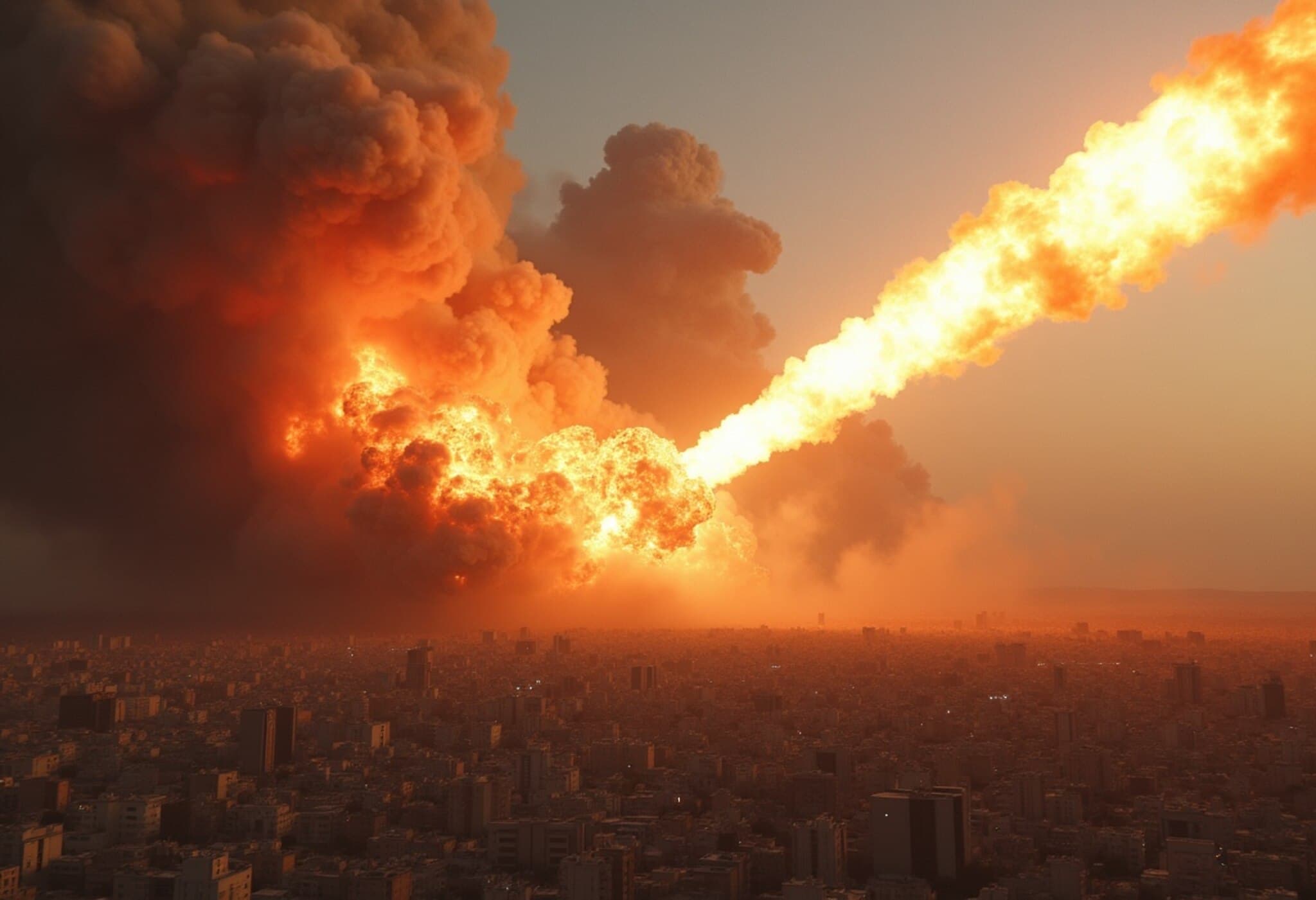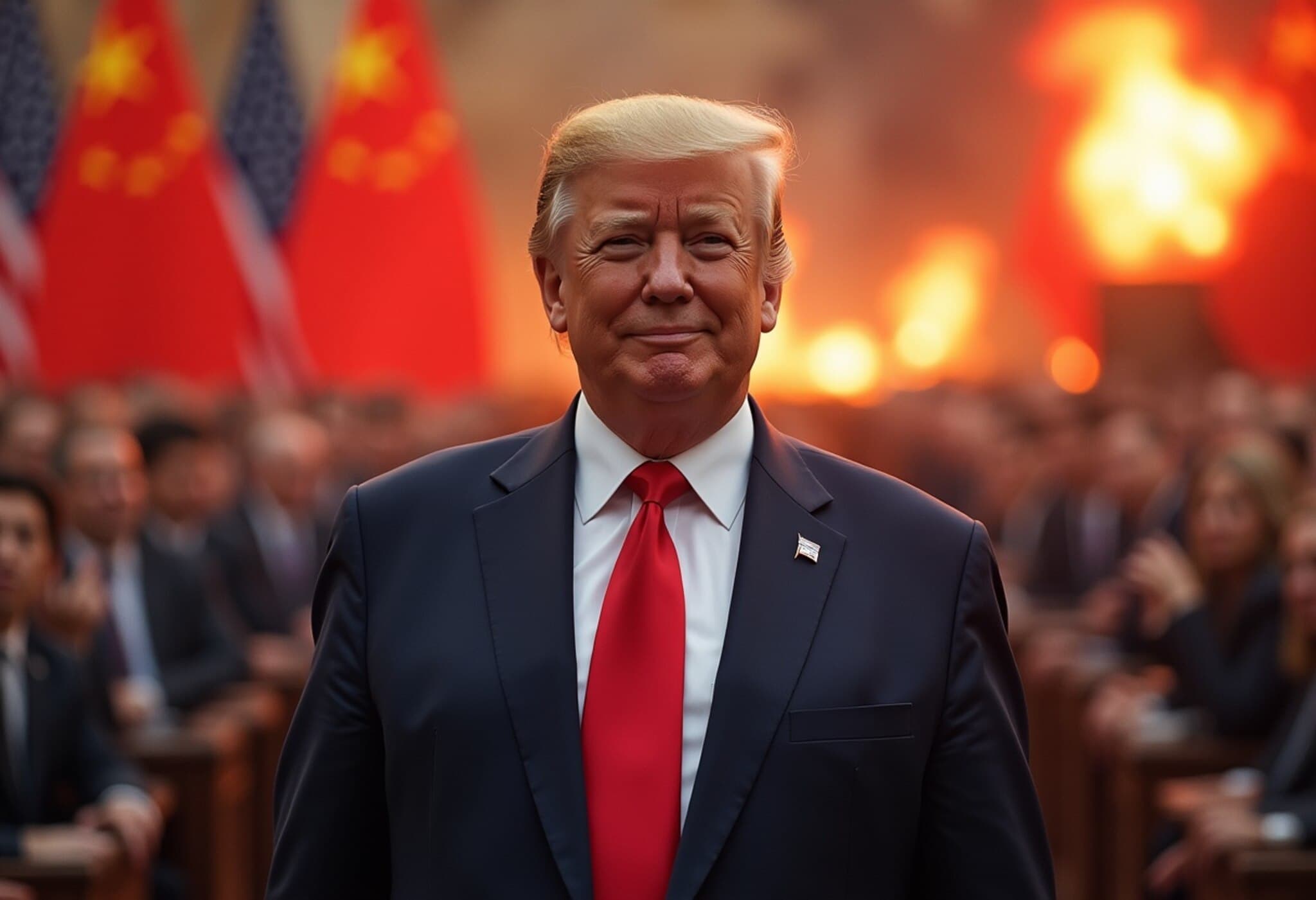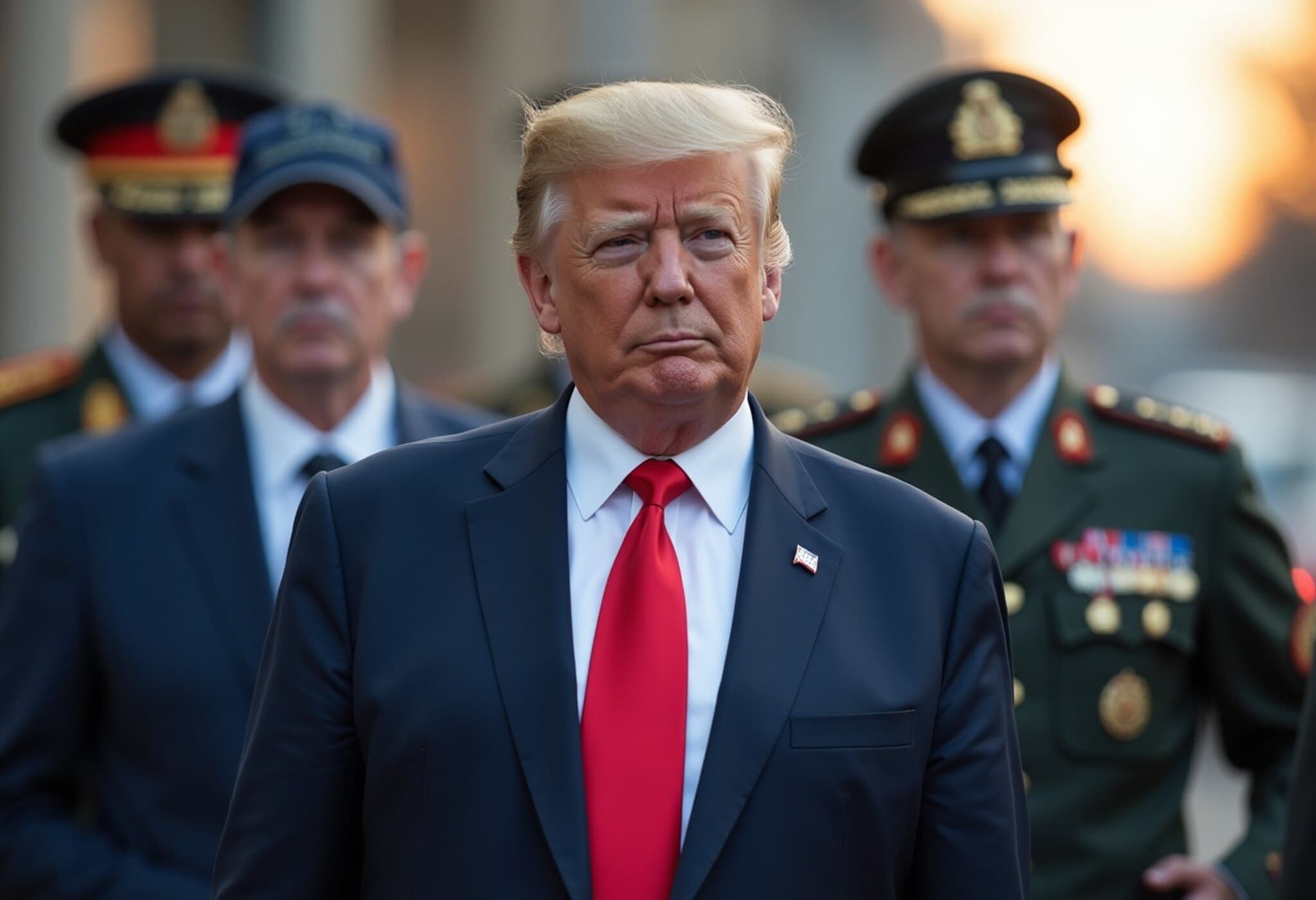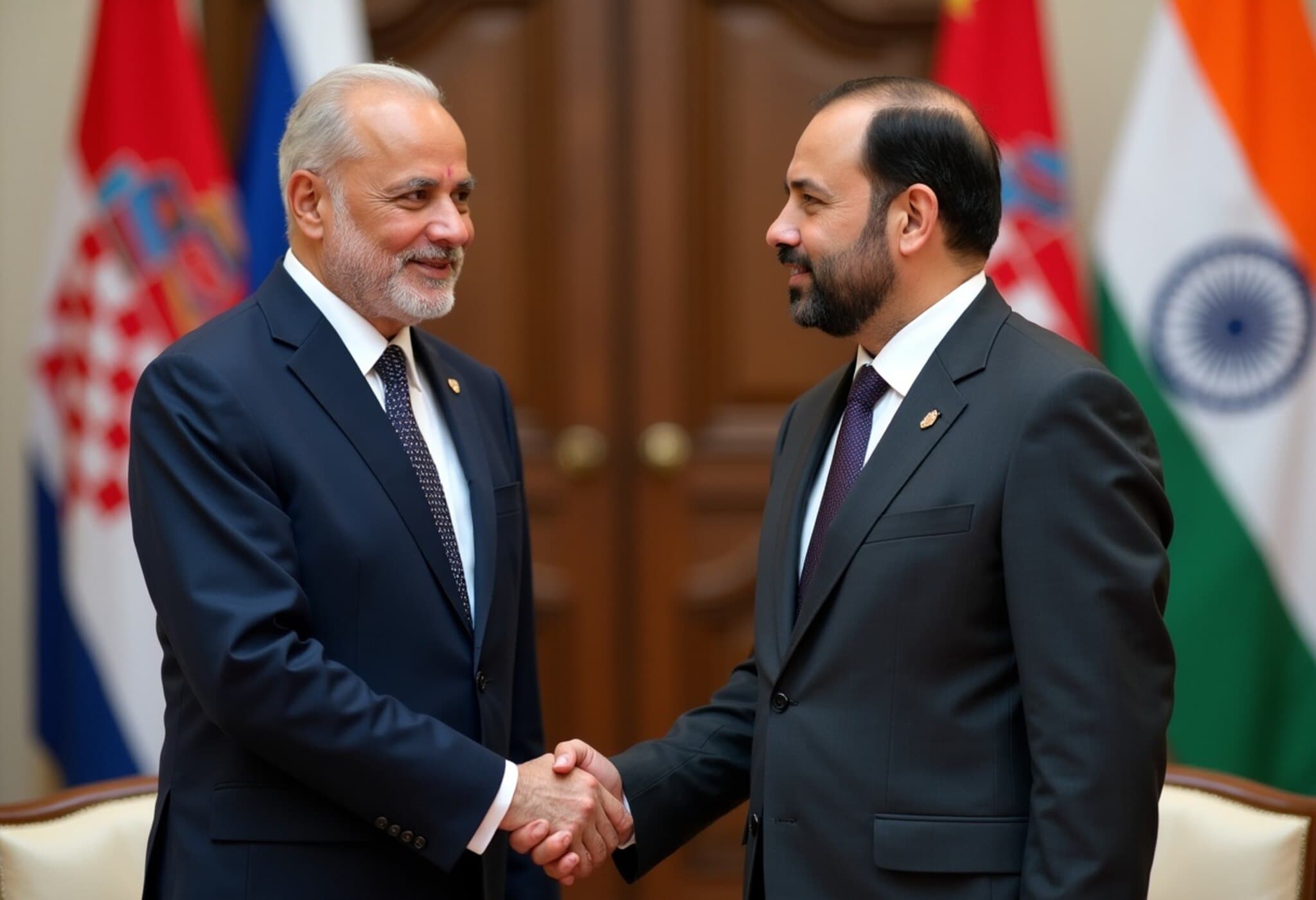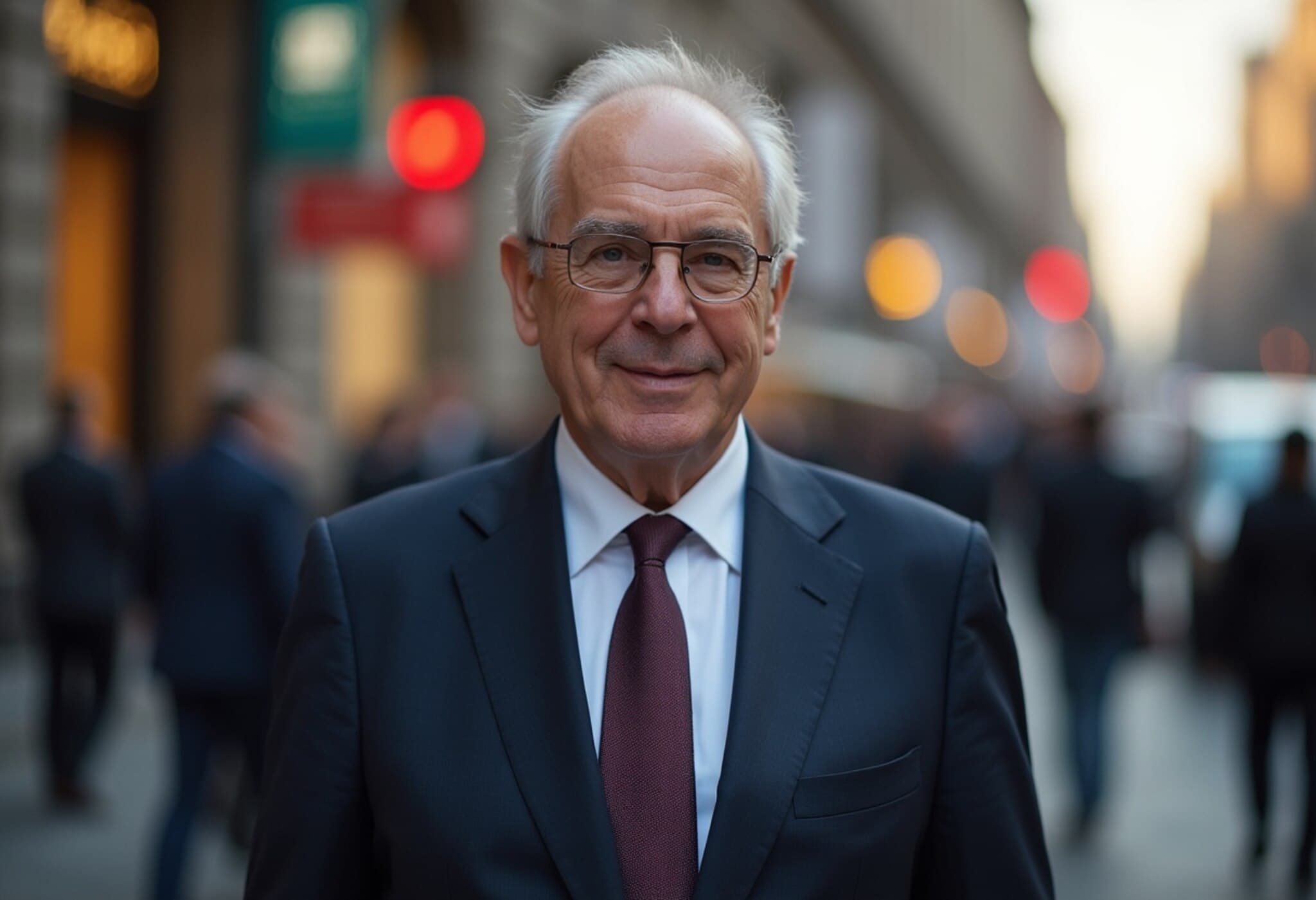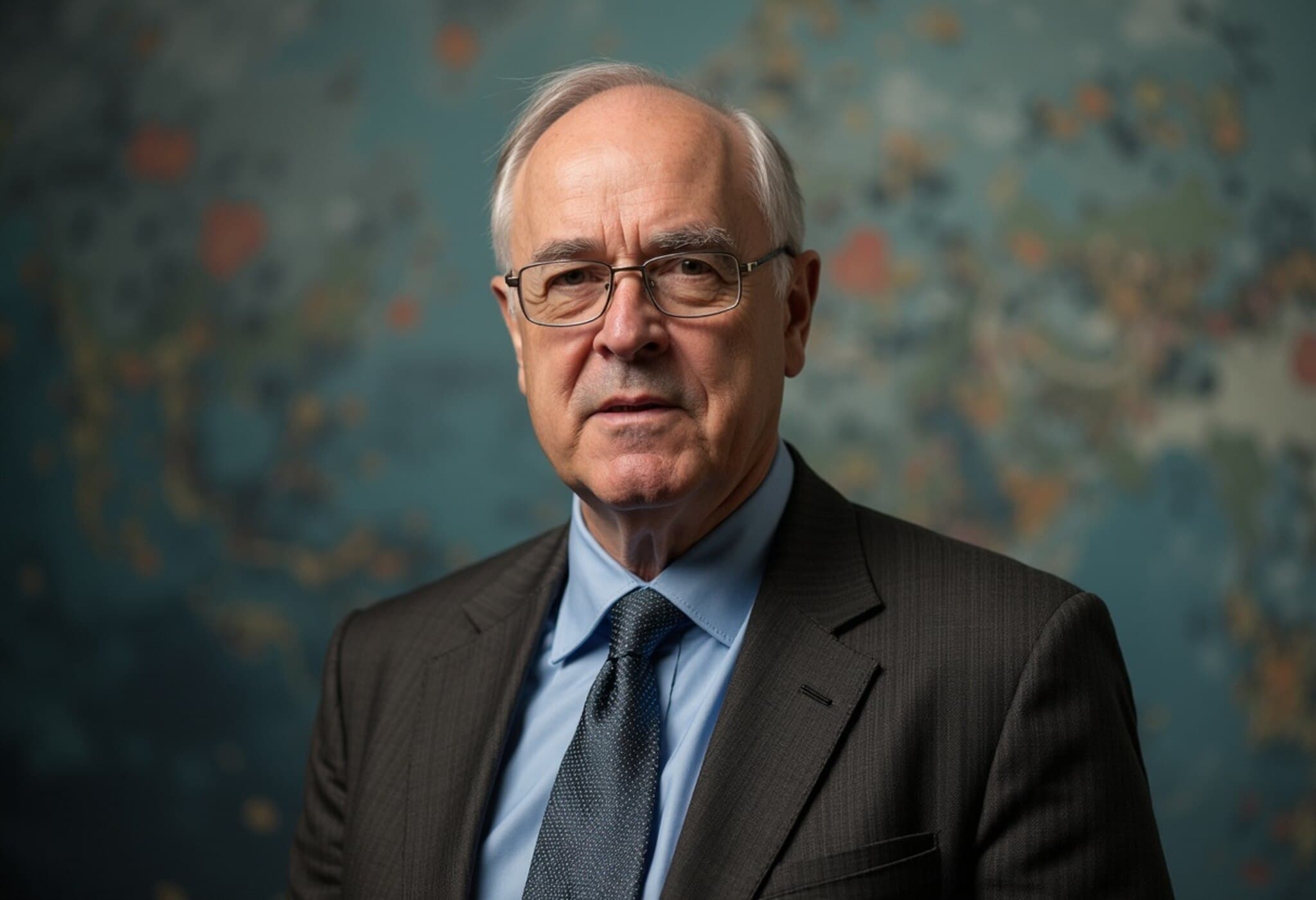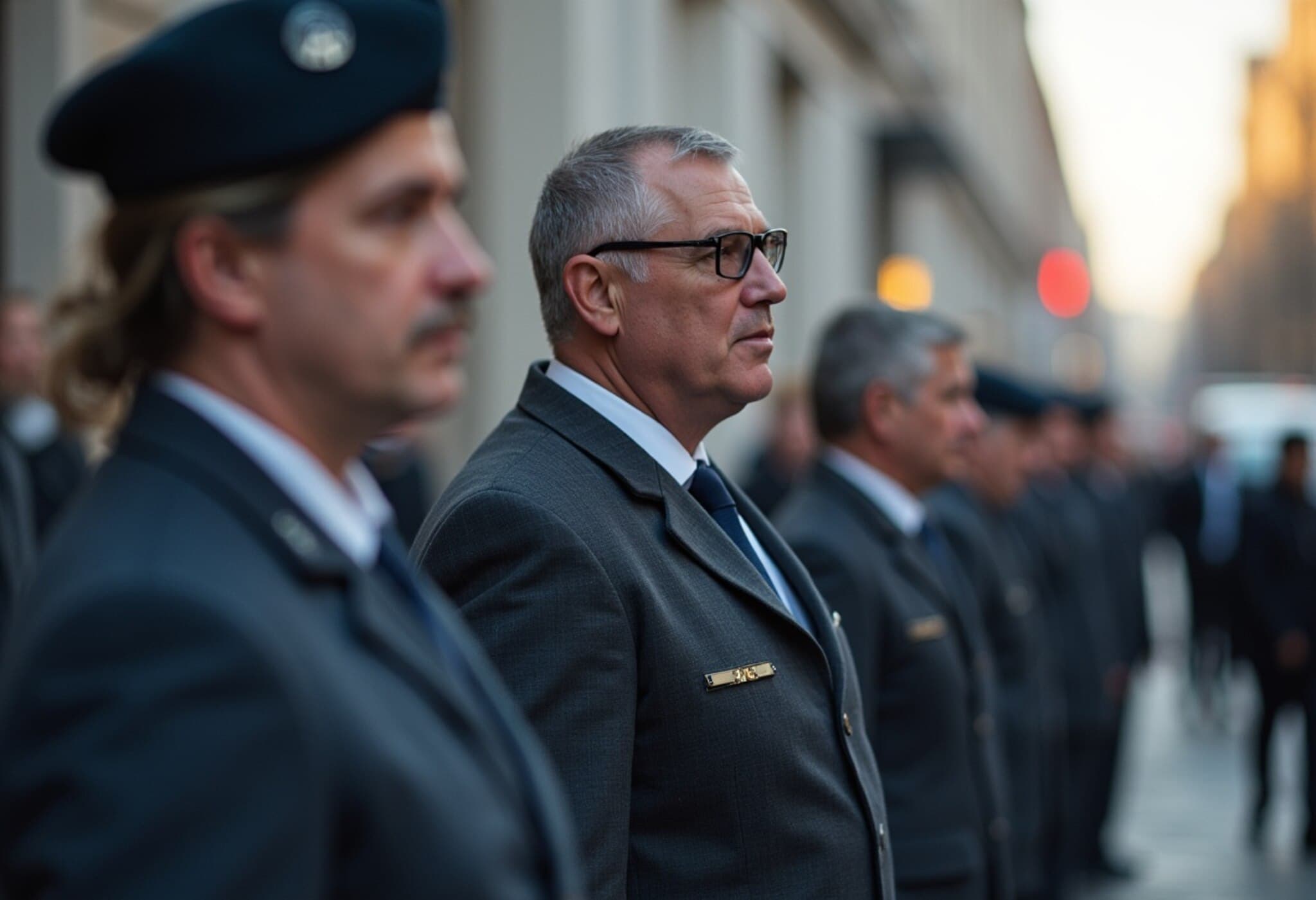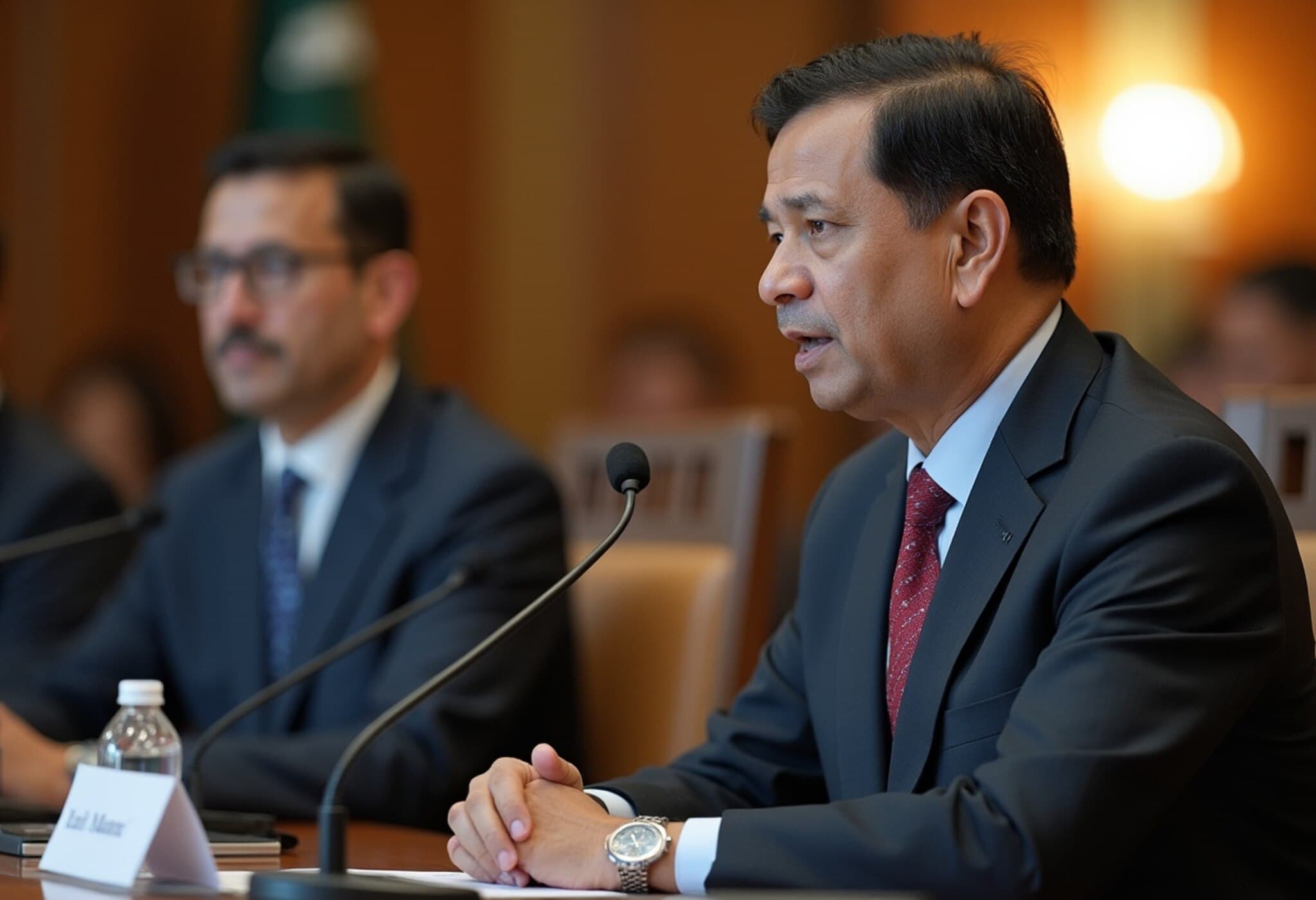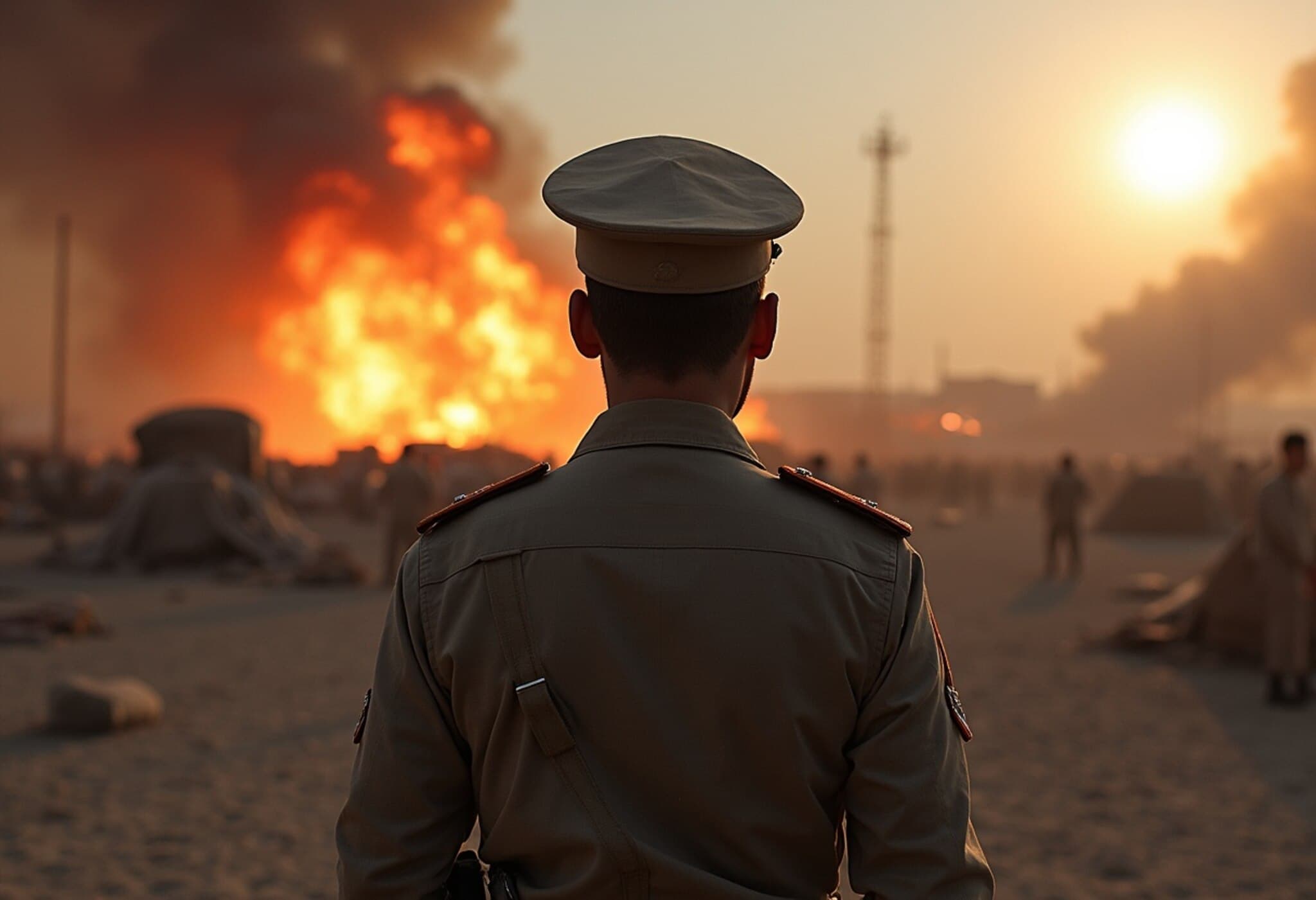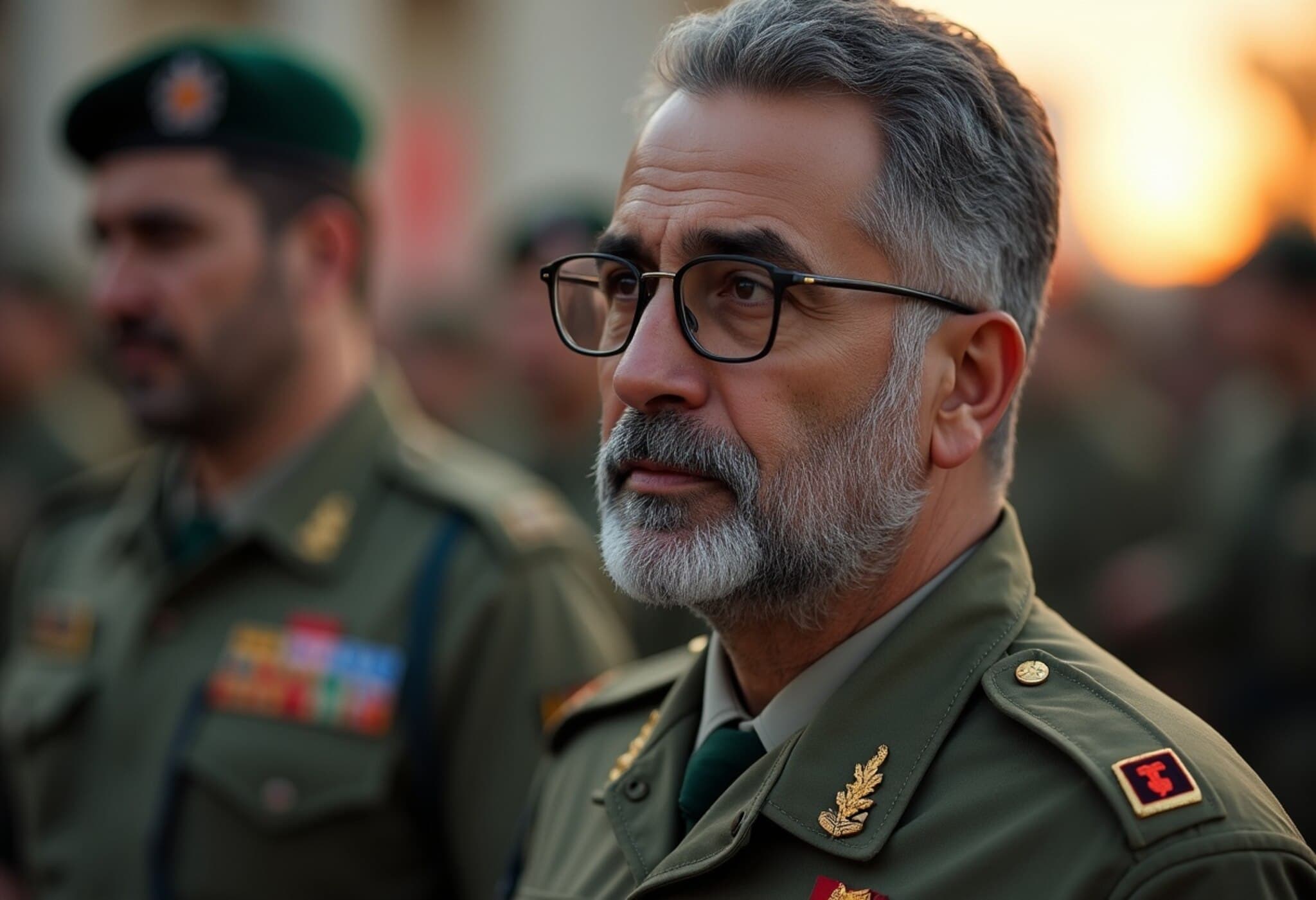China’s Nuclear Arsenal Expands at Unprecedented Pace
China is rapidly expanding its nuclear weapons stockpile and is projected to possess up to 1,500 warheads by 2035, according to the latest findings from the Stockholm International Peace Research Institute (SIPRI). This growth marks the fastest acceleration of nuclear capability worldwide.
Surging Nuclear Capacity and Infrastructure
Currently estimated to hold at least 600 nuclear warheads, China is reportedly adding around 100 warheads annually. Alongside stockpile expansion, SIPRI notes significant increases in missile storage and launch facilities.
By 2035, China is expected to have constructed approximately 350 new silos for intercontinental ballistic missiles (ICBMs) located in several large desert regions in the north and mountainous zones in the east.
Matching Major Powers in Missile Numbers
This buildup could bring China's ICBM count on par with those of the United States and Russia by the end of the decade, although its overall warhead numbers would still be a smaller fraction compared to these nuclear superpowers. The expansion reflects Beijing’s ambitious pace in both modernization and capacity.
Strategic Implications and Policy Shifts
Earlier analyses by intelligence agencies have noted similar trends. For example, the US Defense Intelligence Agency doubled its estimate of China's nuclear warheads, stating that China held over 500 warheads and was on track to surpass 1,000 by 2030.
There are also growing concerns regarding China's nuclear doctrine, including speculation that it might move away from its longstanding no-first-use policy, possibly signaling willingness to engage in limited nuclear conflict scenarios.
Global Nuclear Landscape
The United States and Russia continue to maintain the largest nuclear stockpiles globally, sharing over 10,500 warheads combined. While China's arsenal remains smaller, its rapid growth signals a shifting balance and intensifying competition in global strategic deterrence.
Conclusion
China's swift and considerable nuclear buildup raises significant questions about future arms control, regional security, and global stability. The expansion in both warhead numbers and missile infrastructure underscores a transformative era in nuclear deterrence, warranting close international attention.

